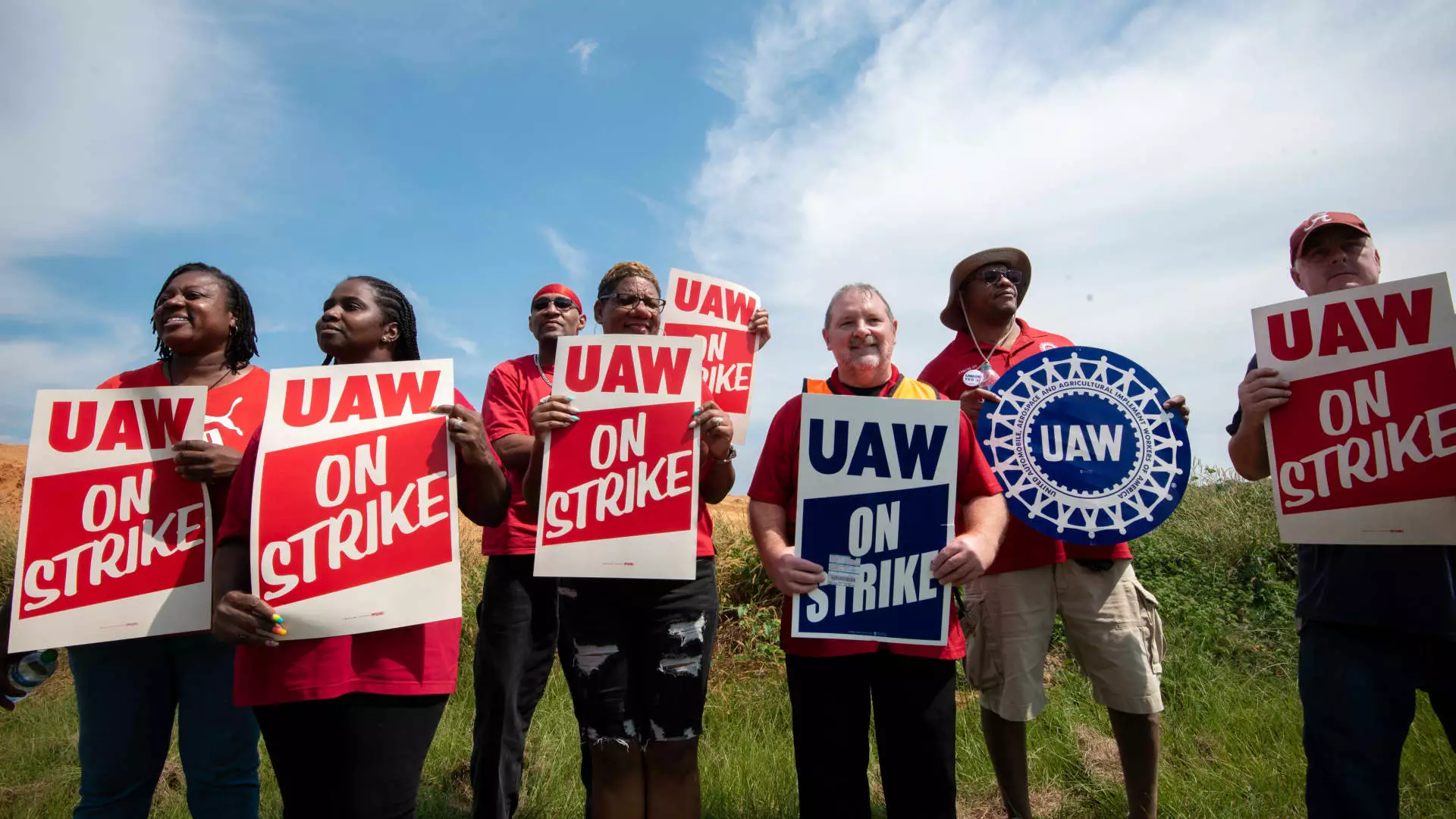The news that workers at the Mercedes-Benz plant in Alabama have voted against union representation by the United Auto Workers, as reported by the National Labor Relations Board, comes as a major blow to the UAW’s organizing efforts. The 56% of workers who voted against the union, totaling 2,642 individuals, have effectively halted the UAW’s attempts to gain a foothold in the Alabama facility. This outcome is particularly disappointing for the UAW given their recent success in organizing Volkswagen plant workers in Tennessee.
The loss at Mercedes-Benz is expected to have a significant impact on the UAW’s broader organizing strategy, which aims to target 13 non-union automakers across the United States. These efforts were launched in late 2021 following successful contract negotiations with Detroit automakers. The UAW had hoped to replicate this success at Mercedes-Benz, but the failure to secure union representation underscores the challenges they face in expanding their membership.
Despite the setback, UAW President Shawn Fain sought to emphasize the positive aspects of the organizing campaign at Mercedes-Benz. He described the vote as a “bump in the road” rather than a failure, praising the efforts of workers who supported the union. Fain expressed confidence that the UAW would continue to push forward with its organizing efforts, highlighting the resilience of both the union and its members in the face of adversity.
The difficulties faced by the UAW at the Mercedes-Benz plant were not entirely unexpected, particularly given the history of labor relations at the facility. The location of the plant in Alabama, a state with a less favorable stance towards unionization, likely presented additional obstacles for the UAW. Despite this, the union had hoped to build on its previous successes and establish a stronger presence among workers at the plant.
The National Labor Relations Board has continued to investigate allegations of unfair labor practices at various automakers, including Mercedes-Benz. The UAW has filed multiple charges against the company, accusing it of disciplinary actions against employees involved in unionization efforts, restricting the distribution of union materials, and engaging in surveillance of workers. These allegations raise concerns about the treatment of workers who support union representation and the broader implications for labor relations in the automotive industry.
The recent vote against union representation at the Mercedes-Benz plant in Alabama represents a significant setback for the United Auto Workers and its organizing efforts. Despite the challenges faced, UAW leadership remains committed to advancing the interests of workers and advocating for greater representation in the automotive sector. The outcome of this vote underscores the complexities of labor relations in a highly competitive industry and highlights the ongoing struggles faced by unions in the pursuit of fair and equitable working conditions for all employees.

